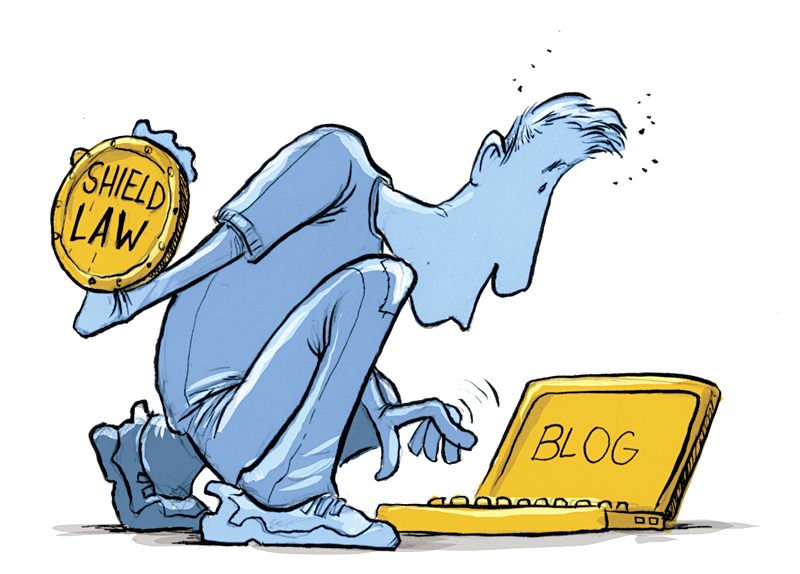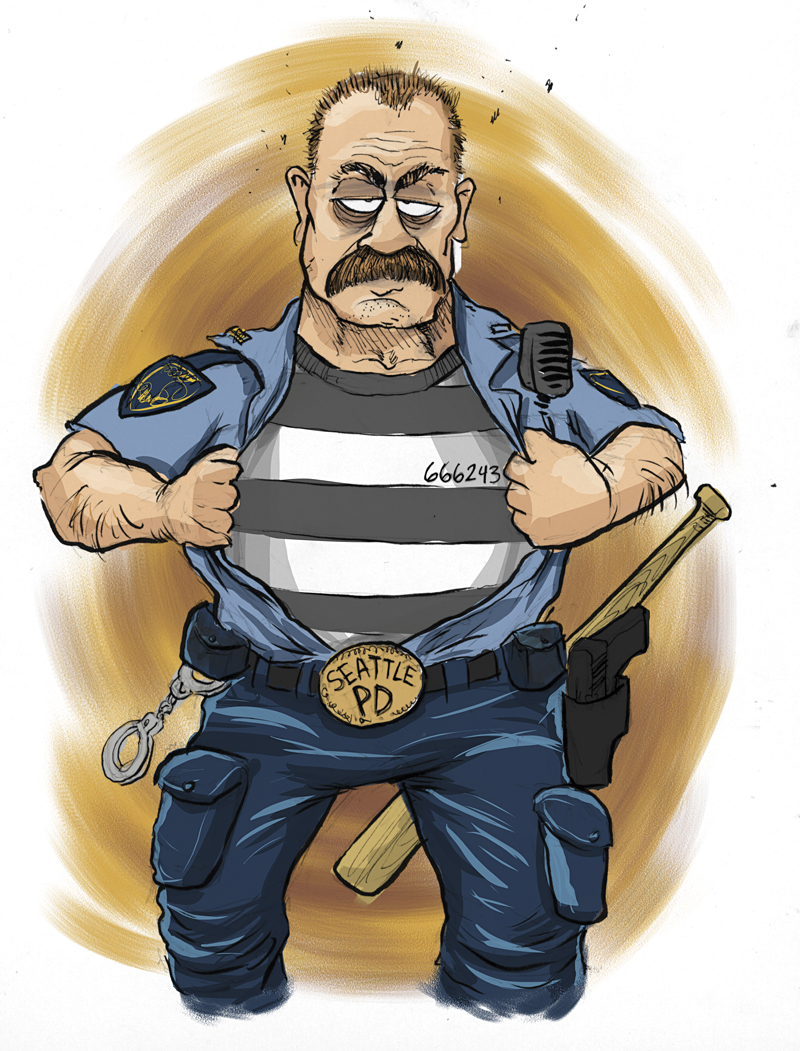U.S. District Judge Marco Hernandez’s ruling that blogger Crystal Cox isn’t a journalist, and therefore doesn’t qualify for media-shield-law protection, should be overturned as quickly as possible—but not because the judge’s ruling was wrong.
Hernandez made the right call according to Oregon law. But the language in his opinion, and the precedent Cox’s case sets, points to the dire need to update media-shield laws.
But first, let’s back up.
Last week, Seattle Weekly was the first to report on the lawsuit against Cox, a self-described “investigative blogger” with a host of websites and a knack for gaming Google rankings. She had been sued for defamation by the investment firm Obsidian Finance Group and its co-founder Kevin Padrick.
Padrick is the lawyer unlucky enough to have been named a trustee in the bankruptcy of a real-estate subsidiary that Cox had a special interest in. What followed were a series of hyperbolic posts in which Cox intimated, or in some cases claimed outright, that Padrick was guilty of bribery, money laundering, and ordering her assassination.
While Cox ensured that Padrick’s name would be forever linked with various felonies, the lawyer successfully resolved the bankruptcy. But not before his accuser had effectively tarnished his name in the eyes of Google, and, according to Padrick, scared away half of his business.
To add bizarre insult to bizarre injury, Cox even offered Padrick her online-reputation consultation services—though she swore her offer (which carried a hefty $2,500 price tag) was somehow not the extortion it appeared to be.
In the trial, Judge Hernandez threw out the vast majority of Padrick’s claims—except as regards a single blog post, in which Cox claimed a secret source had told her Padrick was guilty of tax fraud. Based on this post, Hernandez ruled that Padrick had been defamed, and ordered Cox to pay $2.5 million in damages.
Cox, who defended herself in court, argued that Oregon’s media-shield laws protected her from disclosing an inside source. Hernandez disagreed. And in a ruling that has since shaken the blogosphere (admittedly not a tough group to shake), he ruled that she wasn’t a journalist because she didn’t get a paycheck from an official media outlet.
When Hernandez wrote that Cox was not “affiliated with any newspaper, magazine, periodical, book, pamphlet, [or] news service,” he wasn’t merely spouting the qualifications he believes are and were necessary to be considered a “media member”—he was directly quoting Oregon law, which says that a “medium of communication” “includes, but is not limited to” any of those outlets.
Washington’s counterpart to Oregon’s shield law goes a step further, specifically protecting bloggers. Bruce E. H. Johnson, the man who drafted the law in 2006, told us that thanks to a case in California that had recently been decided, he knew that today’s media landscape had changed and would change more in the future, and that web-based writers would need equal protections.
Unfortunately, states like Oregon wrote their shield laws before Internet journalism was so widespread, and that legislative lag time resulted in this very case. Hernandez’s ruling may be correct, and Cox may very well have been not only wrong to accuse Padrick of sundry felonies, but also a little unhinged as well. But the judge’s blunt wording has effectively removed all ambiguity from the law, potentially making it a permanent standard where once some wiggle room remained.






